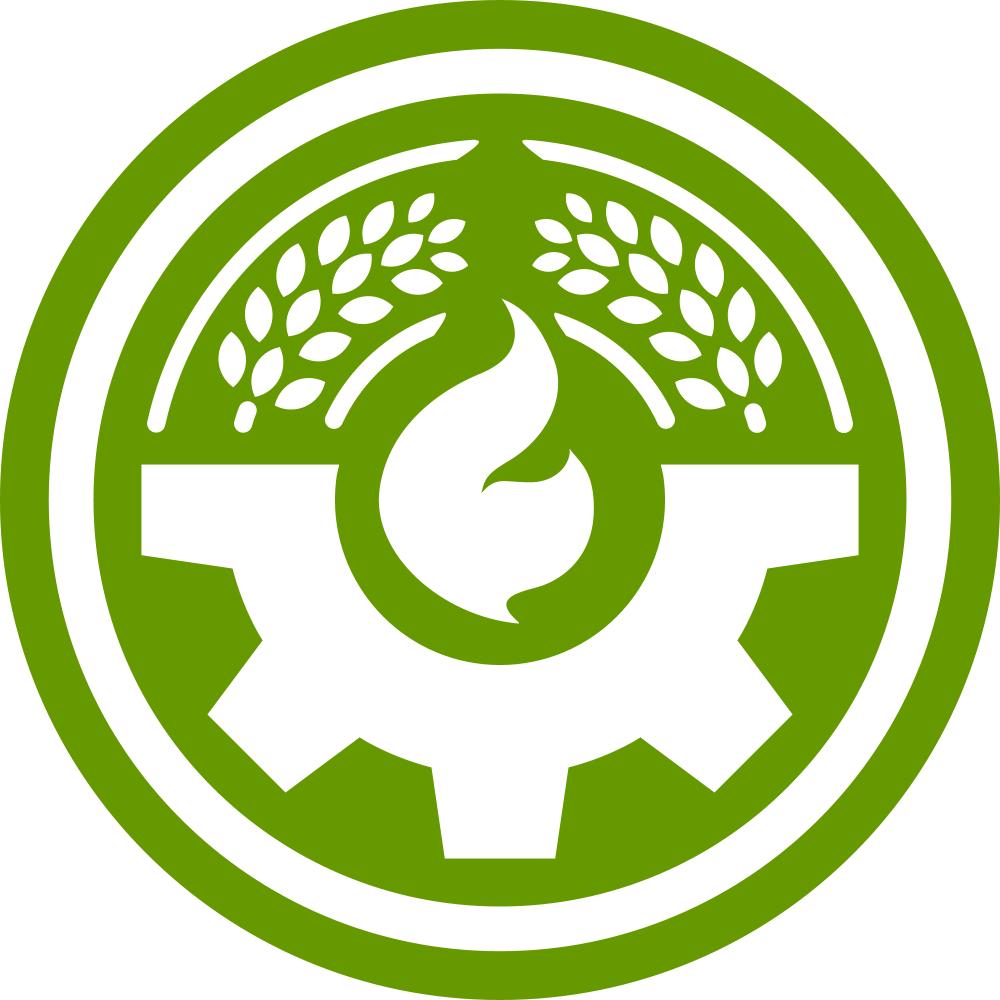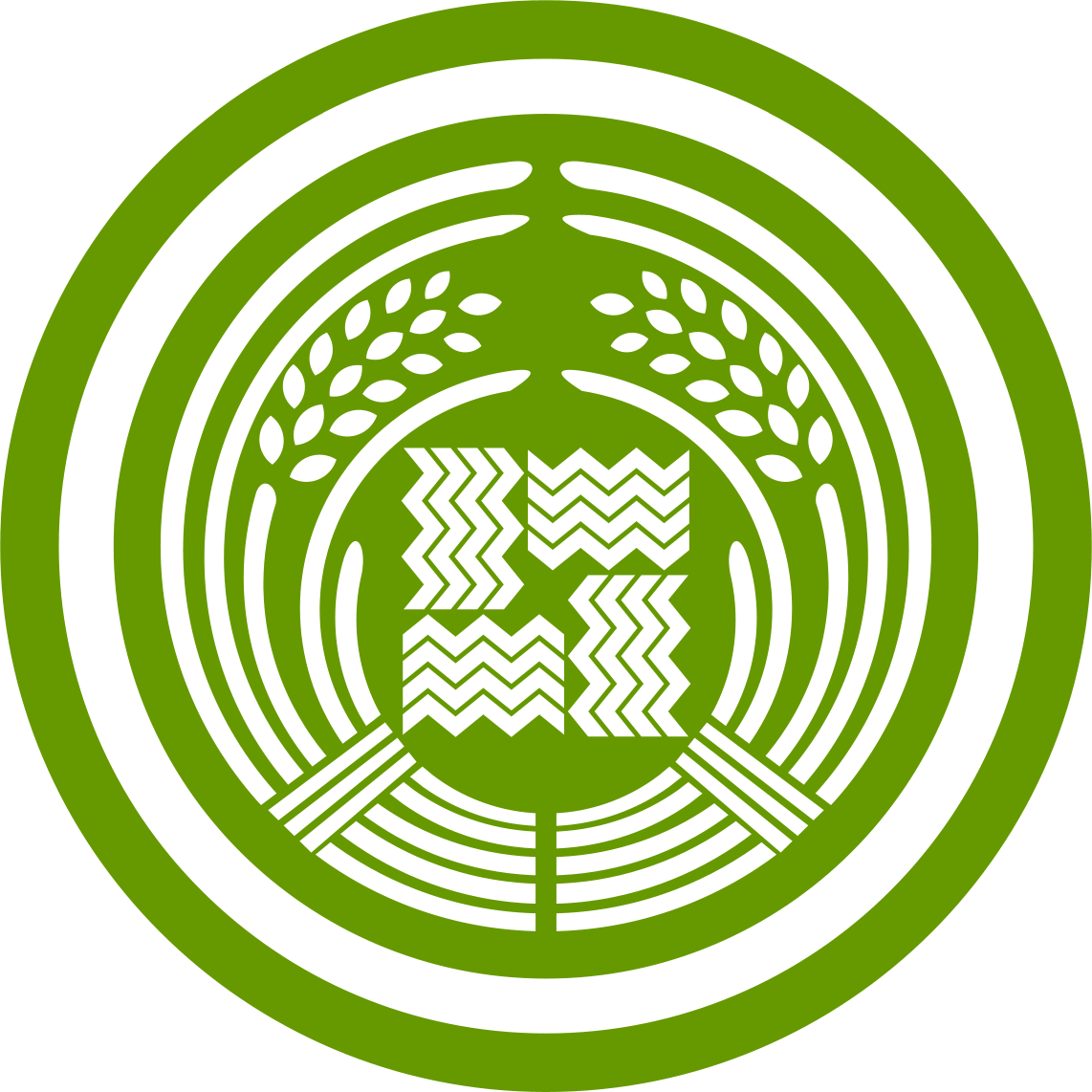College of Education and Agricultural Technology
 History
History
The Visayas State University - Villaba Campus (College of Education and Agricultural Technology) started in 1974 as Villaba High School operating under the General Education Program.
Significant events followed: 1.) June 1960 - with the approval of RA 2425 the school was converted into Villaba Rural High School and was operating under the defunct Bureau of Vocational Education; 2.) August 12, 1968 - the school was converted into the Leyte National Agricultural College and authorized to offer Bachelor of Science in Agriculture, Bachelor of Science in Agricultural Education and agricultural technician courses. 3.) May 25, 1995 - RA 8009 was approved changing the name of the college into the Leyte National College of Agriculture, Science and Technology and expanding its curricular offerings to include: Arts and Sciences, Forestry, Engineering, Veterinary Medicine in addition to the existing programs. 4.) October 31, 1999 - LNCAST was integrated to the Visayas State College of Agriculture and later it was converted to Leyte State University (now the Visayas State University) as one of its satellites under the VSU system as mandated in RA 7722 and 8292.
Vision
VSU -VC as a center of excellence in science and technology, teacher education and allied courses in Northwestern Leyte.
Mission
Attainment of the highest human capital and scientific knowledge in agriculture, science and technology, teacher education and allied courses in Northwestern Leyte.
College of Fisheries
 The Visayas State University - Tolosa Campus was established on September 11, 1971, and was formerly named Daniel Z. Romualdez Memorial School of Fisheries. It is situated in the coastal barangay of Tanghas, Tolosa, Leyte. The Goal of the Visayas State University-Tolosa Campus is "To spearhead in the region's socio-economic development through relevant fishery instruction, research, extension and production which will result in the proper utilization and management of fishery resources.
The Visayas State University - Tolosa Campus was established on September 11, 1971, and was formerly named Daniel Z. Romualdez Memorial School of Fisheries. It is situated in the coastal barangay of Tanghas, Tolosa, Leyte. The Goal of the Visayas State University-Tolosa Campus is "To spearhead in the region's socio-economic development through relevant fishery instruction, research, extension and production which will result in the proper utilization and management of fishery resources.
On August 14, 2009, the Commission on Higher Education has identified the Visayas State University (VSU) as National University/College of Fisheries (NUCF) for Region VIII under the National Agriculture and Fisheries Education System (NAFES) as mandated thru Republic Act no. 8435, otherwise known as the "Agriculture and Fisheries modernization act of 1997.
College of Industrial Technology and Engineering
 VSU-Isabel is located in the progressive town of Isabel, Leyte, which is 76 km northwest of the VSU Main Campus.
VSU-Isabel is located in the progressive town of Isabel, Leyte, which is 76 km northwest of the VSU Main Campus.
It was established on June 20, 1971, as Isabel Rural High School by virtue of the Republic Act 4583. Seven years after its inception, the school was converted into Isabel National Agricultural and Vocational School (INAVS).
The establishment of the Leyte Industrial Development Estate, a Special Economic Zone that has the Philippine Phosphate Fertilizer Inc. (PhilPhos) and the Philippine Associated Smelting and Refining Corporation (PASAR) has spurred the flourishing of the industries in the locality. The then vocational school responded by expanding its curricular programs to include post-secondary education in computer technology, automotive technology, elementary and secondary education, mechanical and industrial engineering, agri-business, and industrial electricity, in addition to the secondary vocational education curriculum, to meet the labor demands of the fast booming industries in the locality.
The school was integrated into the Visayas State University in 2000 as the College of Agri-Industrial Technology. The College had opportunely responded to the demands for competent and committed teachers, skilled industrial and mechanical engineers, information and computer technology experts, and agri-entrepreneurs. In 2008, the College was renamed College of Industrial Technology and Engineering since its curricular offerings were in response to the needs of industries.
College of Environmental and Agricultural Technology
 Visayas State University - Alangalang Campus is a higher education institution located in Brgy. Binongto-an, Alangalang nestled in the eastern part of the province of Leyte. It caters to the educational needs of the people in this part of the region. Its clients are mostly from the town of Alangalang as well as from the neighboring towns and other places in the region and in the country. It is a co-educational public higher education institution.
Visayas State University - Alangalang Campus is a higher education institution located in Brgy. Binongto-an, Alangalang nestled in the eastern part of the province of Leyte. It caters to the educational needs of the people in this part of the region. Its clients are mostly from the town of Alangalang as well as from the neighboring towns and other places in the region and in the country. It is a co-educational public higher education institution.
It was previously a CHED supervised institution until 1991 when it was mandated to be absorbed by Visayas State University, Leyte State University then as per order No. ____ so it became one of the satellite campuses of the said university located in Baybay, Leyte.
It started in 1971 as a secondary agricultural school, named Alangalang Agro-Industrial School with 6 faculty members and a handful of students who passed the entrance examination before they were taken in. After four years it offered a two-year Diploma in Agricultural Technology and after two years Bachelor of Science in Agronomy. The DAT became a ladderized course for the Bachelor of Agricultural Technology. Presently, Bachelor of Elementary Education, Bachelor in Secondary Education major in Math and Bachelor in Environmental Management is offered. It is also the center for the College of Environmental and Agricultural Technology.
Vision
Center of excellence in instruction, research, and extension in environmental management, agriculture and education in the region.
Mission
Attainment of highest quality human capital and scientific knowledge in environmental management, agriculture, and education for sustained growth and development.
Goals
To serve the development needs of the region, the College shall:
- Produce middle-level manpower in the environment, agriculture, and education.
- Generate knowledge and technologies in the environment, agriculture, and education through relevant research.
- Design and implement advocacy programs and projects for socio-economic development and ecological conservation.
- Encourage effectiveness, efficiency, and profitability in the varied operations of the college.
Satellite Campuses
|
(VSU-Tolosa Campus) |
Faculty of Fisheries and Aquatic Sciences |
|
|
|
|
(VSU-Alangalang Campus) |
Faculty of Agriculture and Environmental Science Faculty of Teacher Education, Arts and Sciences Faculty of Engineering |
|
|
Faculty of Agricultural Sciences Faculty of Teacher Education, Arts and Sciences |





